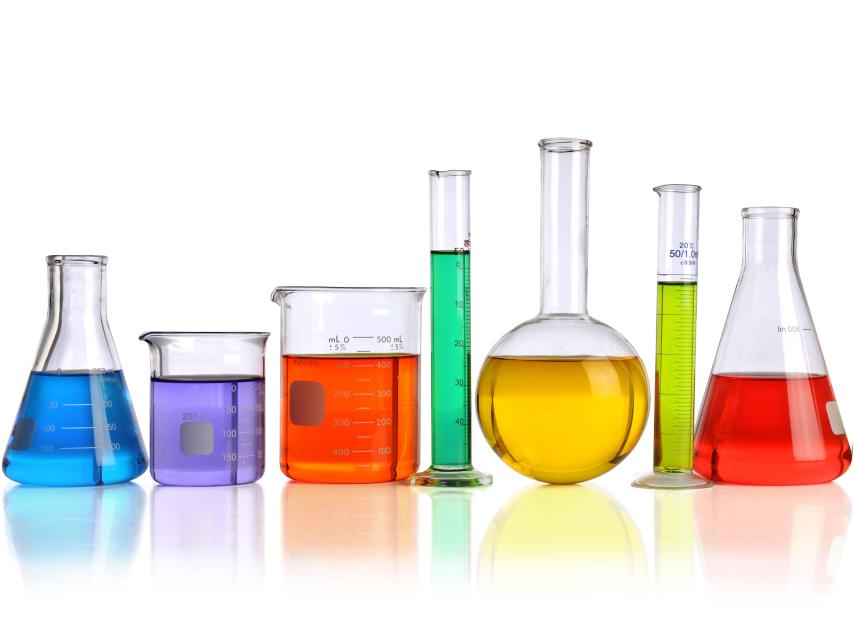Fertilizer Phosphate and Potassium Testing
In the realm of agricultural chemistry, understanding the composition and quality of fertilizers is paramount. Fertilizers, especially those rich in phosphate (P) and potassium (K), play a critical role in enhancing crop productivity and ensuring soil health. This service focuses on testing these two essential components to ensure they meet international standards for purity, efficacy, and environmental safety.
The process begins with the careful selection of samples from various sources such as bulk shipments, bagged products, or processed materials. Proper sample preparation is crucial; this involves drying the samples in a controlled environment to remove moisture, which can interfere with accurate analysis. The prepared samples are then weighed accurately and subjected to preliminary tests to determine their overall composition.
The heart of this service lies in the precision instrumentation used for phosphate and potassium testing. Inductively coupled plasma optical emission spectrometry (ICPOES) is often employed due to its high sensitivity and accuracy. This method allows for the precise quantification of trace elements, including phosphorus and potassium, within the fertilizer matrix. Additionally, atomic absorption spectroscopy (AAS) can be used to enhance the reliability of these measurements.
Once the analytical data is collected, it is compared against international standards such as ISO 17266 for phosphate content and ISO 15267-3 for potassium content. Compliance with these standards ensures that fertilizers meet quality benchmarks set by global regulatory bodies.
The results of this testing are invaluable to quality managers, compliance officers, R&D engineers, and procurement professionals who require accurate and reliable data to make informed decisions about product specifications, supply chain management, and research and development efforts. By ensuring the phosphate and potassium content meet specified ranges, these tests contribute significantly to sustainable agricultural practices.
The importance of this testing cannot be overstated. Accurate phosphate and potassium levels are crucial for optimizing soil fertility and plant nutrition. Imbalanced levels can lead to deficiencies or excesses that negatively impact crop yields and environmental health. This service not only ensures product quality but also supports the broader goals of sustainable agriculture.
Why It Matters
- Crop Yield Optimization: Ensuring correct phosphate and potassium levels in fertilizers directly impacts crop yield, leading to more efficient agricultural practices.
- Environmental Impact: Proper testing helps minimize the risk of environmental contamination from overapplication or underutilization of fertilizers.
These tests are essential for maintaining soil health and reducing waste by ensuring that nutrients are effectively delivered to plants. This not only promotes sustainable farming but also contributes to global food security.
Applied Standards
The International Organization for Standardization (ISO) plays a pivotal role in setting the benchmarks for phosphate and potassium testing:
- ISO 17266:2019 – Phosphate Content in Fertilizers: This standard provides methods for determining the total phosphorus content in fertilizers, ensuring that producers and consumers can rely on consistent results.
- ISO 15267-3:2008 – Potassium Content in Fertilizers: This specifies procedures for measuring potassium oxide (K₂O) content in various types of fertilizer products, supporting compliance with international quality standards.
These standards are crucial for ensuring that fertilizers meet the required purity and efficacy levels, thereby enhancing their effectiveness in agricultural applications.
Why Choose This Test
- Precision: Utilizing advanced analytical techniques like ICPOES and AAS ensures highly accurate results.
- Compliance: Meeting international standards guarantees product quality and safety, facilitating easier market entry.
- Sustainability: Ensuring optimal nutrient levels supports sustainable agricultural practices, reducing environmental impact.
Selecting this service ensures that your fertilizers are not only of the highest quality but also meet stringent international standards. This commitment to precision and compliance is crucial for maintaining a competitive edge in the global market.





